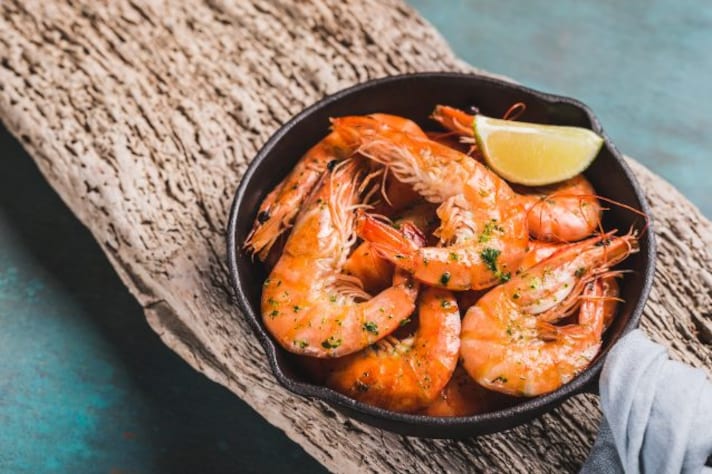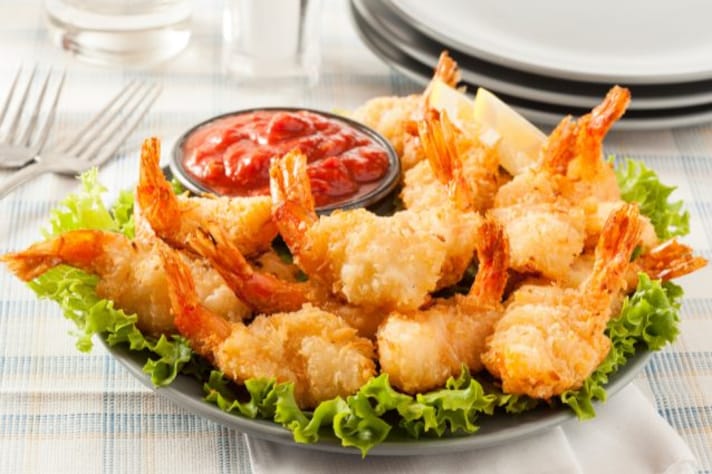
When it comes to seafood, shrimp and prawns are often treated as synonyms. While they may look similar and are equally delicious, these two crustaceans have distinct differences that set them apart. From their biology to their uses in cooking, understanding the nuances between shrimp and prawns can help you make the best choice for your next meal. Let’s break down the key differences so you’ll never confuse them again.
Anatomical and Biological Differences Between Prawns and Shrimp
Although shrimp and prawns share many characteristics, they belong to different biological suborders. Shrimp are part of the suborder Pleocyemata, while prawns belong to Dendrobranchiata. This distinction is reflected in their anatomy and habitat.
Size and Structure:
Prawns are generally larger than shrimp, but size isn’t the only difference. Prawns have three pairs of claws, while shrimp have only two. Additionally, the body structure of prawns is straighter, whereas shrimp have a noticeable bend in their bodies. Prawns also have longer legs, making their overall appearance slightly different.

Habitat:
Shrimp are typically found in saltwater environments like oceans, while prawns often inhabit freshwater areas such as rivers and lakes. That said, you can find both species in brackish water, depending on the region.
Taste and Texture in the Kitchen
When it comes to cooking, the differences between shrimp and prawns are less pronounced, as both offer a sweet, slightly briny flavor. However, their texture can vary slightly due to their size and shell structure.
- Shrimp: Shrimp tend to have a firmer texture, making them ideal for grilling, sautéing, or adding to dishes where they need to hold their shape.
- Prawns: Prawns are slightly meatier and softer, which makes them well-suited for curries, stews, and other recipes where they can soak up flavors.

Common Uses Around the World
Cultural preferences often dictate whether shrimp or prawns are used in a dish, though in many places, the terms are used interchangeably.
In the UK: Prawns are more commonly referred to in recipes and menus, while shrimp is a term more associated with smaller species.
In the US: Shrimp is the more frequently used term, regardless of the actual species.
Globally: Prawns are a staple in Southeast Asian curries and stir-fries, while shrimp dominate dishes like shrimp cocktail, gumbo, and tacos.
;Resize,width=767;)
